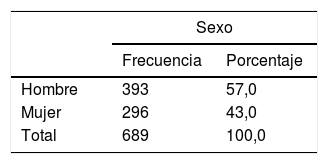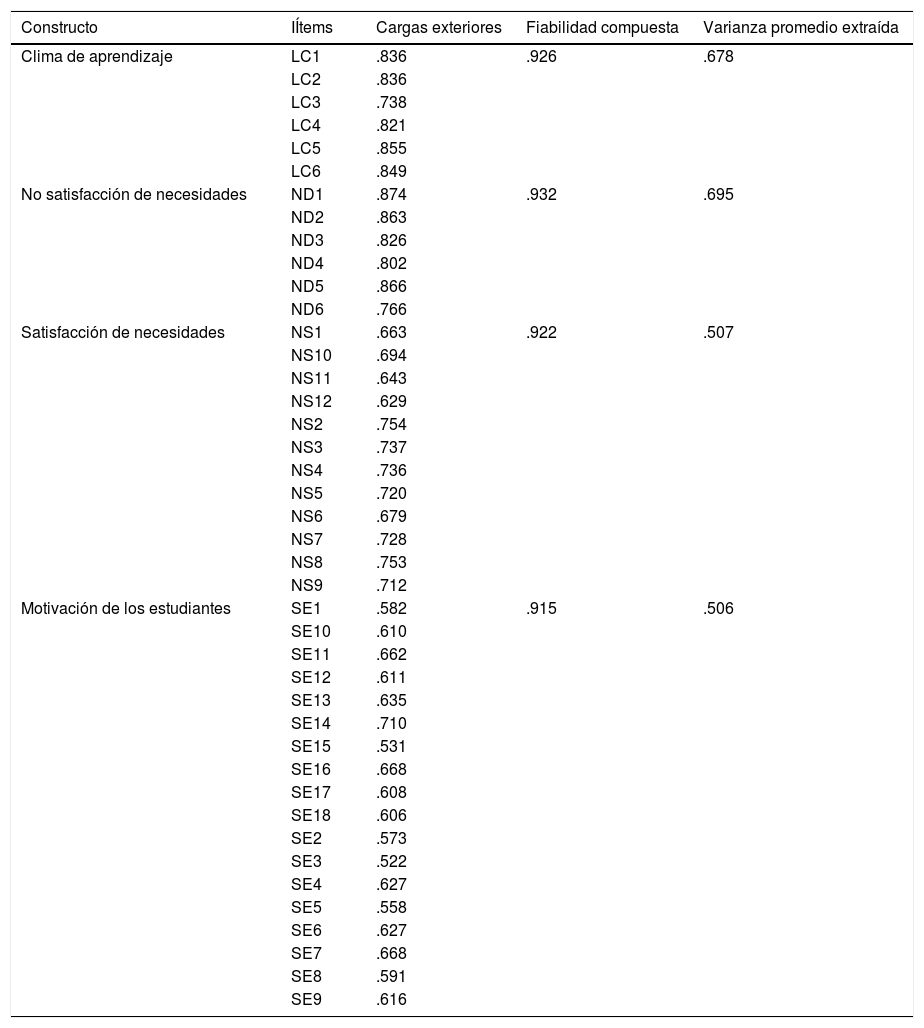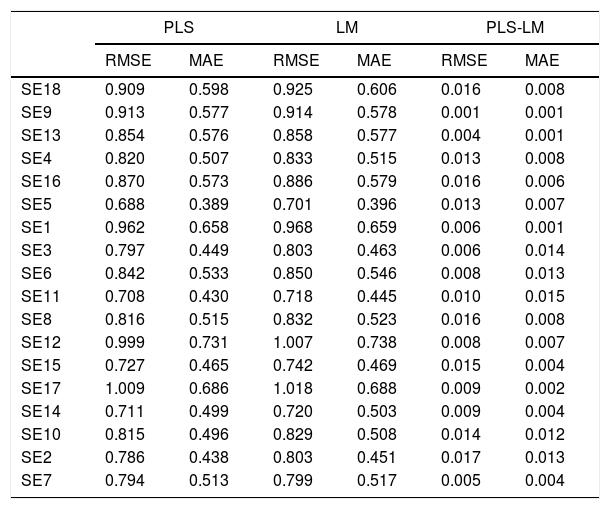La pandemia de COVID-19 ha introducido la noción de la ‘nueva normalidad’ en la vida diaria al influir profundamente en la forma en que solíamos vivir, estudiar y trabajar. Durante estos tiempos sin precedentes, la rápida transición del aprendizaje presencial tradicional al aprendizaje digital se observa como un cambio de paradigma en la educación superior. Inspirándose en el marco teórico de la autodeterminación, este estudio tiene como objetivo examinar el impacto del aprendizaje digital en la motivación de los estudiantes. También plantea la hipótesis del papel mediador, de las necesidades psicológicas básicas, en el nexo entre el aprendizaje digital y la motivación de los estudiantes. 689 estudiantes que asistieron a clases digitales en diez universidades (cinco públicas y cinco privadas) de Pakistán respondieron a la encuesta preparada en la web. Los resultados de esta investigación no confirman la relación directa entre el aprendizaje digital y la motivación de los estudiantes, sin embargo, esta relación sí está mediatizada por las percepciones de los estudiantes sobre el grado en que sus necesidades psicológicas básicas estaban satisfechas / insatisfechas. Este estudio contribuye teórica y empíricamente a la literatura tanto de la psicología como de la educación superior, perteneciente al campo en desarrollo del aprendizaje digital. Las implicaciones prácticas de este estudio informan a los responsables de la formulación de políticas en el ámbito académico para que reflexionen sobre las necesidades psicológicas de los estudiantes dentro del entorno de la enseñanza virtual.
The COVID-19 pandemic has introduced the notion of the ‘new normal’ in daily life through profoundly influencing the way we used to live, study and work. During these unprecedented times, the rapid transition from traditional face-to-face learning to online learning has been viewed as a paradigm shift in higher education. Drawing impetus from the self-determination theoretical framework, the present study aims to examine the impact of the online learning climate on student's engagement. It also hypothesizes the mediating role of basic psychological needs on the nexus between online learning and students’ engagement. Total 689 students taking online classes in ten (five publics and five private) universities of Pakistan responded to the web-based survey. The present study findings do not support the direct influence of the online learning climate on student engagement, nevertheless, this relationship was mediated by students’ perceptions concerning the extent to which their basic psychological needs were satisfied/ dissatisfied. This study theoretically and empirically contributes to both the psychology and higher education literature, pertaining to the developing field of online learning. The practical implications from this study inform policy-makers in academia to reflect on the students’ psychological needs within virtual teaching environment.














